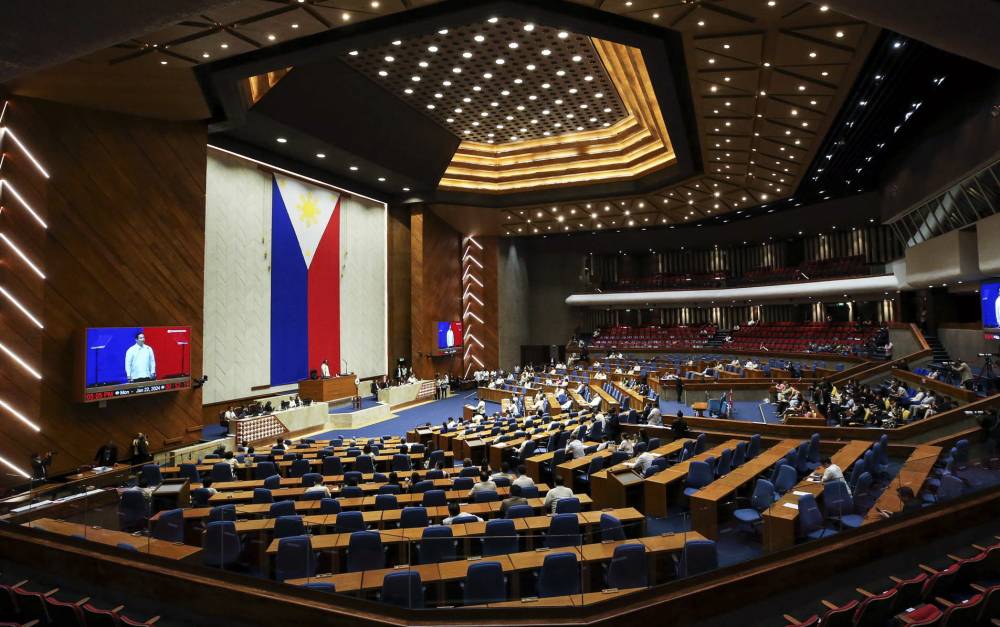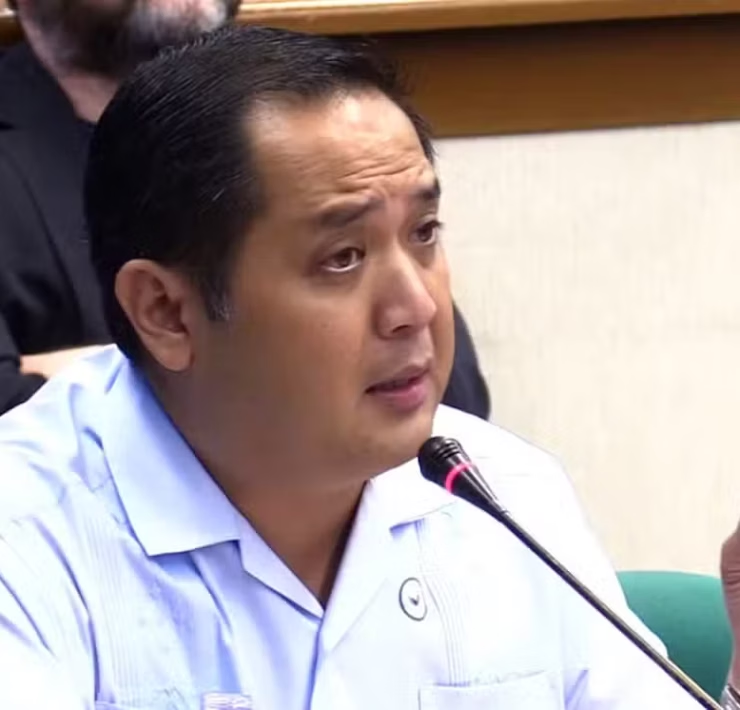Let coequal body do its duty, House asks SC

The House of Representatives on Monday asked the Supreme Court to reconsider its decision declaring the impeachment complaint against Vice President Sara Duterte unconstitutional, urging the high court to allow Congress—a coequal branch of government—to perform its constitutional duty.
Similar to what legal luminaries have pointed out in their opinions on the landmark ruling, the House argued that the new, more stringent rules laid down by the Supreme Court on impeachment should only be applied moving forward, or prospectively.
“The Honorable Court cannot utilize these newly formulated rules, safeguards, or guidelines to say that the House violated the due-process clause and acted with grave abuse of discretion just because it did not comply with the new prescriptions as set forth in the Decision. It would simply be unfair,” the House said in a 61-page pleading prepared by the Office of the Solicitor General (OSG).
“[T]he House does not ask this Honorable Court to be swayed by the politics of the moment, nor to abandon its rightful duty of judicial review. Rather, it only asks that this Honorable Court allow a coequal body—the Congress—to perform its own duties under the Constitution,” the pleading added.
“The House asks this Honorable Court not to stand with a certain political faction or another, but to uphold the Constitution, which gives life to all the institutions of government, and with the people, who in turn, are the true sovereign, and to whom all accountability, trust, and power, are owed,” the OSG said.
The OSG also warned that if Congress were to scrutinize how the court deliberated or whether justices had read or understood a draft decision, it would be “unconstitutionally encroaching” upon the internal processes of a coequal branch.
“Regrettably, however, instead of upholding constitutional boundaries and extending due deference to the House, the ruling of this Honorable Court has had the unintended effect of rewriting both the Constitution and the internal Rules of the House, and subverting the intent of the framers of the Constitution,” it said.
Dangerous precedent
The OSG further argued that the House should not be prejudiced for relying on jurisprudence previously established by the Supreme Court in Francisco v. House of Representatives (2003) and Gutierrez v. House (2011).
According to the OSG, neither ruling stated that the mere act of archiving an impeachment complaint would trigger the one-year ban on initiating proceedings.
“An interpretation to that effect would clearly open the floodgates for sham and frivolous impeachment complaints and make impeachment an ineffective means of holding an impeachable public official accountable for his wrongful acts,” it pointed out.
Should the Supreme Court decide that redefining the term “initiate” and the reckoning of the one-year ban is warranted, the OSG asserted that these changes must not be retroactively applied.
“[It] would be unjust to hold respondent House liable for grave abuse under a new doctrine that only came to be after the assailed acts had already been committed. These acts, it bears repeating, were done in accordance with a prevailing jurisprudential pronouncement,” the OSG noted.
New requirements
It also warned that the Supreme Court’s departure from long-held constitutional interpretation would effectively penalize a coequal branch of government for acting under an existing doctrine that had not been reversed when the fourth impeachment complaint was filed.
Vice President Duterte was impeached on Feb. 5 after 215 lawmakers endorsed a fourth impeachment complaint, fast-tracking its transmission to the Senate for trial.
She was accused of culpable violation of the Constitution, bribery, graft and corruption, and betrayal of public trust in connection with the alleged misuse of confidential funds and her death threat against President Marcos.
However, two petitions seeking to stop the impeachment complaints were filed in the high court in February. On July 25, SC spokesperson Camille Ting announced that the articles of impeachment forwarded by the House to the Senate was deemed unconstitutional for violating the 1987 Constitution’s one-year bar rule.
It ruled that the earlier three complaints separately filed in December 2024 had been archived and terminated or dismissed on the same day the fourth complaint was filed.
In its landmark ruling, the Supreme Court also laid out new due-process requirements for impeachment and clarified how the one-year bar rule should be applied.
It said the bar should be “reckoned from the initiation of the impeachment complaint if unacted upon or when it is dismissed if it has been partially acted upon.”
Lower chamber’s discretion
But the OSG disputed this interpretation, saying the one-year ban had not yet been triggered when the fourth impeachment complaint was filed on Feb. 5.
“It cannot be overstated that at the time the fourth impeachment complaint against Vice President Duterte was filed on Feb. 5, 2025, the constitutional 1-year ban on initiating impeachment proceedings had yet to set in. This is because the first three impeachment complaints, although filed, were not yet referred to the proper committee, i.e., the House Committee on Justice,” it explained.
The OSG further emphasized that, contrary to the Supreme Court’s ruling, the House has the discretion—not a ministerial duty—to decide which complaint should initiate the proceedings.
It also questioned the court’s introduction of new deliberative procedures for impeachment cases.
“These are inherently political determinations entrusted to the wisdom of duly elected representatives acting on behalf of the sovereign Filipino people, from which the Judiciary is deliberately excluded,” the OSG said. —WITH A REPORT FROM GABRIEL PABICO LALU





















